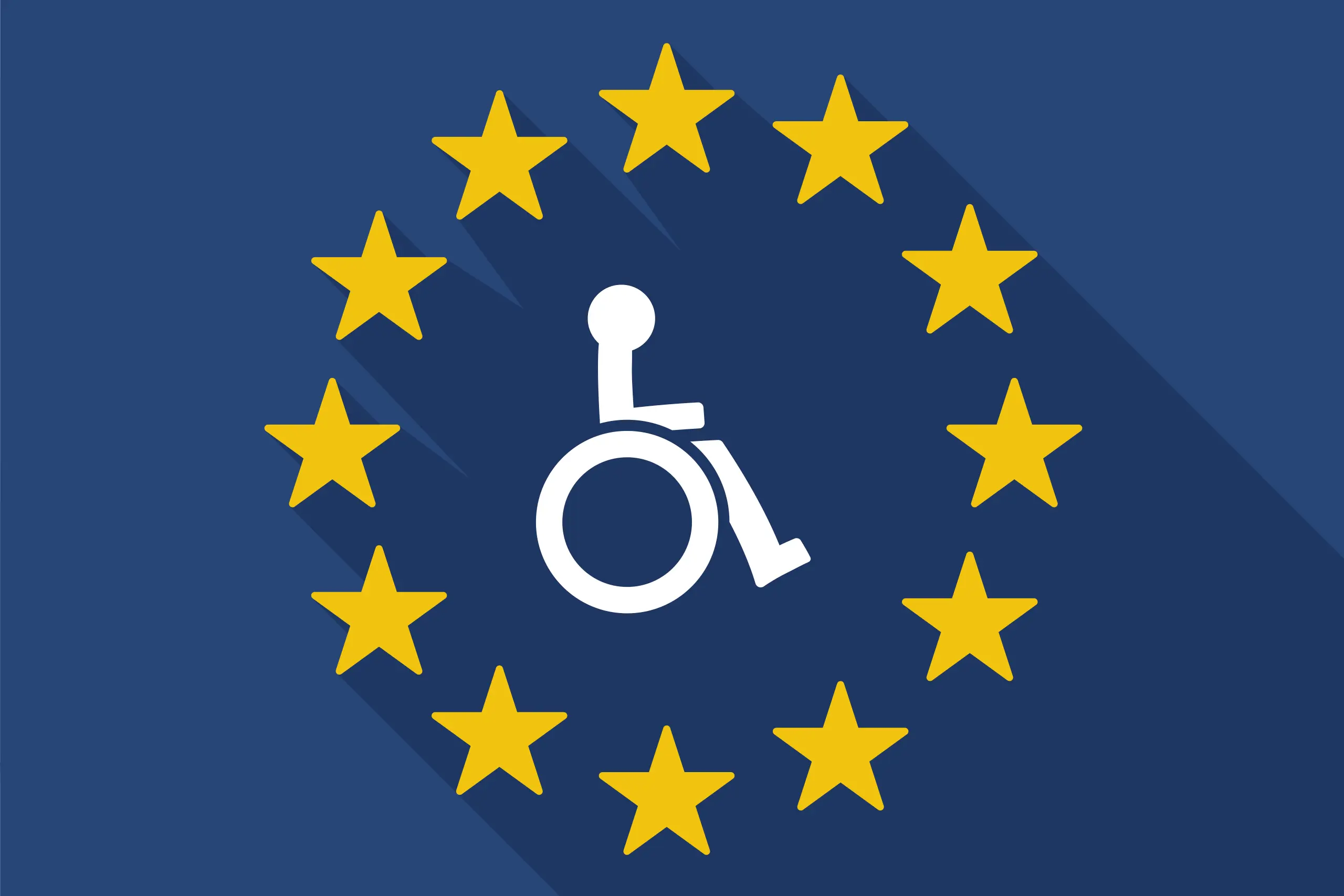Understanding the EU Accessibility Act 2025 and its impact on your brand
No matter how you market your brand, a large potential customer base is being ignored if certain audiences can’t engage. If your blogs, social posts, reels and ads lack accessibility features, then how can you expect people with disabilities to engage?
This might then reflect badly on your brand. If your product/service is the destination at the end of the road, then a lack of accessibility is a fallen tree. If you have the right tools, then you can make it past the blockade. If you lack accessibility, you’re telling the driver to abandon their car and go home.
Accessibility features aren’t just for disabled people, with some features simply making content more engaging for all users (everyone knows someone who watches Netflix with subtitles on). By engaging with accessibility, you increase engagement and conversions from many different audience types. Ignoring the requirements of the EU Accessibility Act 2025 means potentially losing a large audience and risking damage to your brand reputation.
Websites – Your company’s website is often the first touchpoint new customers experience. By ensuring a smooth, accessible experience, you set high expectations and maintain audience attention for the future. Navigation features such as keyboard controls encourage users to explore your site to its full extent. Your website’s colour contrast may affect usability too, but when designing it, you also need to keep brand guidelines in mind. This can be difficult to balance without a team of web experts to assist you.
Reports/PDFs – It’s essential for any important documentation (public and confidential) to feature accessibility features so all necessary parties can understand its content. If stakeholders can’t access an annual report, then it might encourage them to pull support from your company. A lack of accessibility can create pitfalls in how you reach and communicate with your audience. Features like alt text and screen reader functionality help ensure your reports meet EU Accessibility Act 2025 standards.
Corporate videos – When creating content as visual/audio heavy as corporate videos, you have plenty of opportunity to optimise the content for disabled audience members. Corporate videos are a highly efficient way to convey key brand messaging, processes and goals. Whether it’s visuals, voiceover or text readability, if an element is taken away, will viewers get the message you’re trying to send? You should do what you can to ensure everyone gets the same experience.
Visually impaired users could be provided the option for audio description or even colour swaps for colourblind people. Accurate subtitles will support hearing-impaired viewers, while also making it more engaging to audiences with their own preferences.
Things to note about the EU Accessibility Act 2025
- You don’t need to undergo certification. Compliance is self-declared by businesses; however, if challenged, you will need to provide evidence to prove so.
- Non-compliance will result in penalties enforced by the EU, including:
- Penalties scaled according to the severity of the violation.
- Product and service recalls for serious breaches.
- Potential legal action for ongoing or major non-compliance.
Products developed or updated after June 2025 must be accessible upon release. Existing products have until 2035 to achieve compliance.


